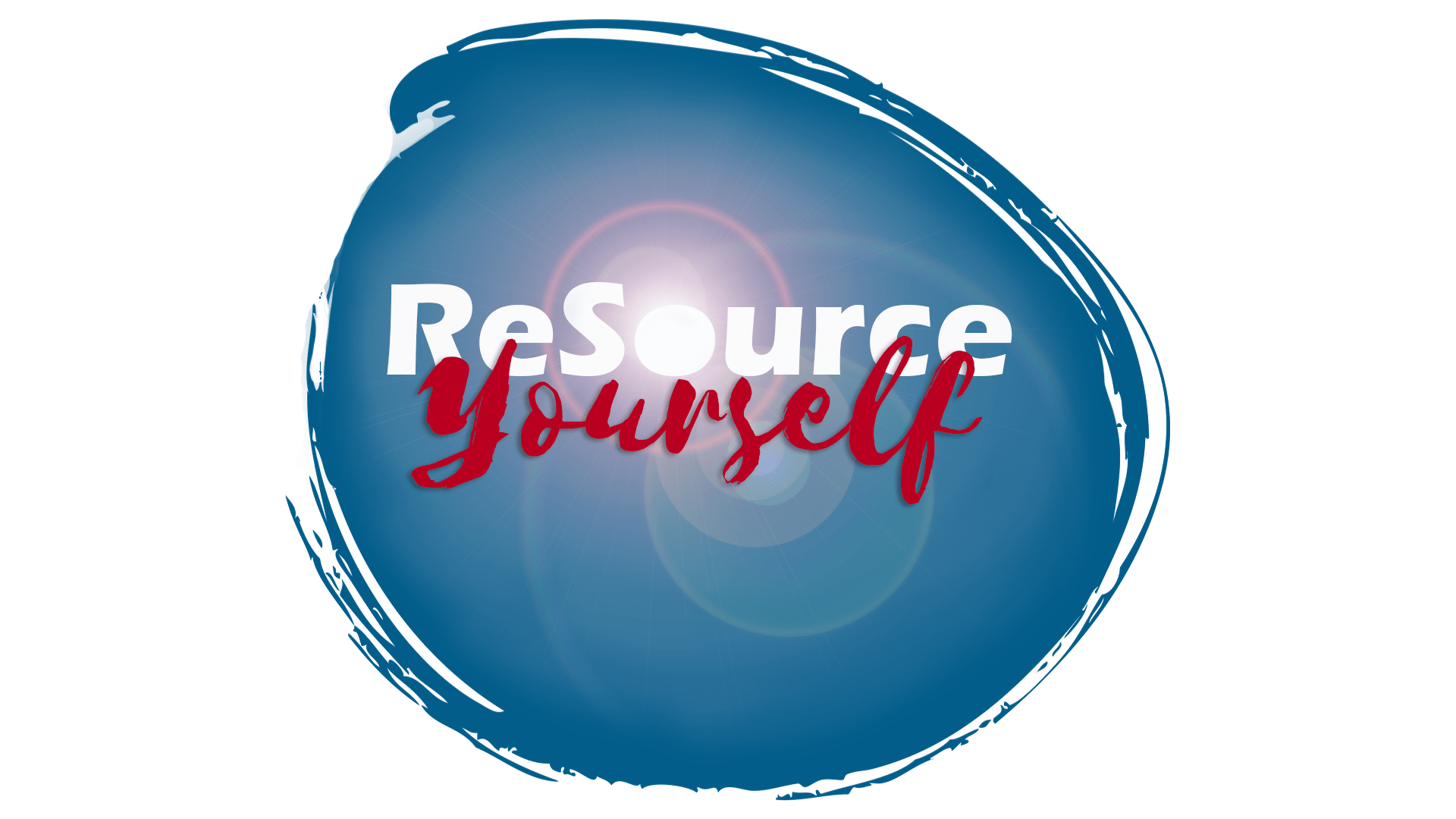I have never worried in a similar way than how I worry about my son. Likewise, I could say, that I have never loved in a similar way, and never gotten to my limits and been confronted with myself in a similar way. My wish to help my son grow and for him to be happy and develop his full potential is so big, that it is becoming more and more important to me to dedicate a part of my professional effort to helping children – and helping other parents.
When you do energy work, you become increasingly aware of how everything is connected. Our emotions and our way of thinking affects our children, to such an extent that many times, when a patient wants my help for his or her child, I can work with the patient, and thereby improve the child’s condition.
It seems that our children’s emotions, habits, and limitations – such as the development of their potential – are tightly linked to our own. If my child has a hard time being away from me and integrating in a daycare setting, that difficulty can also be found on my side of things… maybe I feel guilty about leaving him, or pressured to do so, or sad to be away. Our children are incredibly sensitive, and we can see our own problems in them; they pick up on our issues, and imitate or complement them. They love us so unconditionally that they will follow us whichever path we take.
Now sometimes, this approach leaves us with a lot of responsibility. Maybe we would like to say, “my daughter has a problem sleeping” or “my son has anger issues”… and it would be quite easy to put a label and see the problem in them. It’s not that easy to figure out, how our own attitude and action relates to this problem, or what we can do to support change. But I can definitely report from my experience, both personal and professional: When the parent makes a shift and solves their side of things, transforms negativity and finds a positive perspective, the child gets better.
At the end, working with children and parents, the challenge is to find who has which responsibility. The challenge for the parents is to figure out where the child is in charge, when it is about leaving space for the child’s own experience, and when about putting limits and marking rules. In all of this, there is no general rule. What is good in one case may not be so in another.
Working with kids we have the added difficulty that they mostly cannot express what is going on for them. In fact, as they grow up, it is us offering them explanations for what we observe in their behavior, and thereby helping them construct their inner model of reality, emotions, and solutions or ways to go about them. So in the first place we have to figure out what is going on with our children.
The good news is, as everything is so connected, that our own emotions give us clues about what is the issue in the situation and what’s going on with our child. Moreover, our instinct as parents is very strong, and we can connect with what our children feel quite easily.
In many situations, I favor an indirect approach – at least at first. Talking to or working with the parents, we can save the kids from having to learn that “something is wrong with them” and they “need therapy”. It is true: there are cases when the child has an issue that is relatively unrelated with their parent. For example, when they are processing a loss, and the parent is not emotionally involved.
For me, that is the beauty of Energy Psychology: We get to help others by helping ourselves, and everybody wins.


